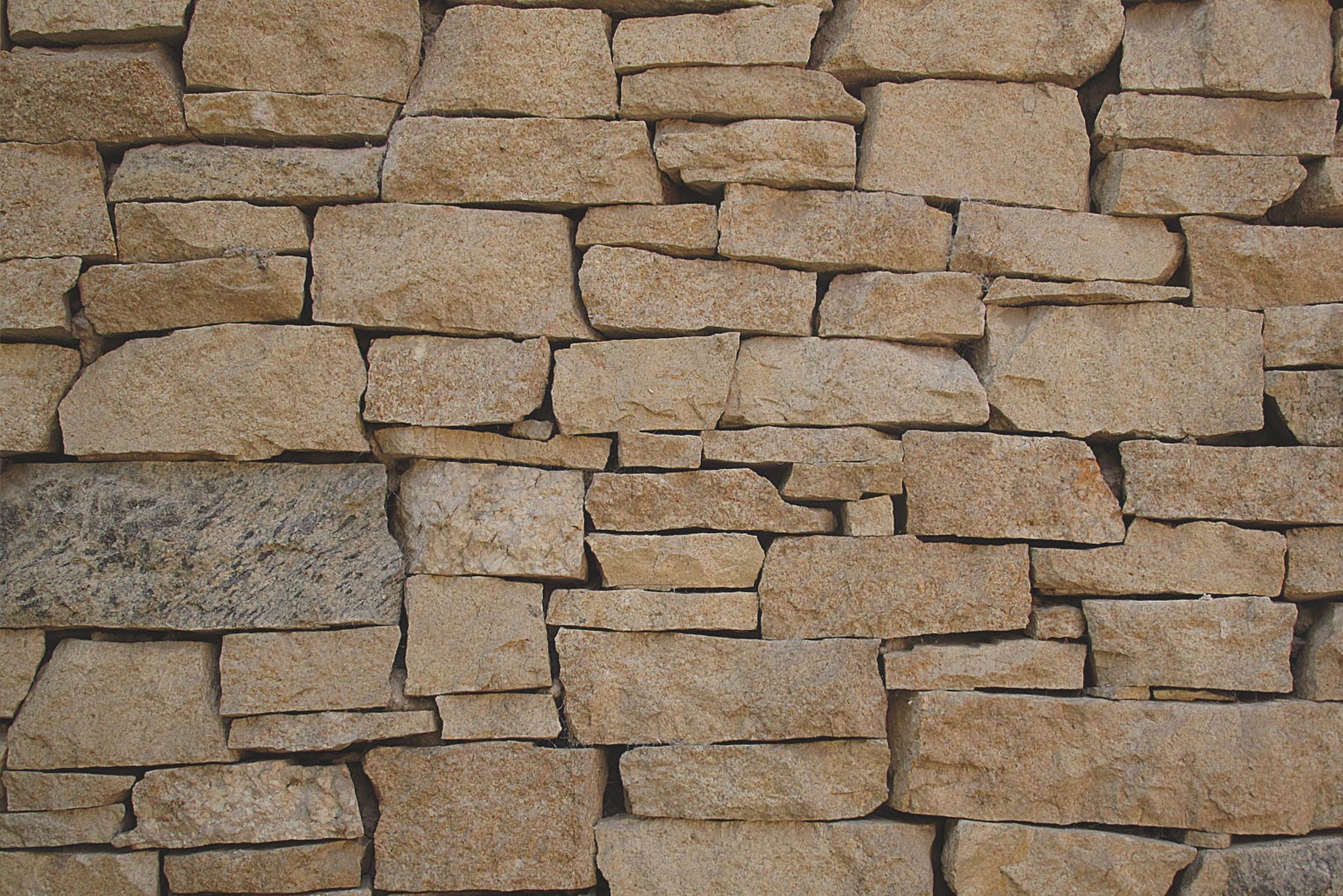
And I tell you, you are Peter, and on this rock I will build my church, and the gates of hell shall not prevail against it. (Matthew 16:18 ESV)
Haven’t you seen this verse a hundred times before? I know I have. It’s a verse we see in memory verse apps and hear from pulpits often. It has served as a sort of anthem for the Church throughout history. In the 21st-century Church, we quote it to rally together in the midst of becoming more marginalized by the surrounding culture. I have memorized this verse, and I find myself often returning to it when it seems the Enemy is near.
But it wasn’t until recently that the scales fell from my eyes regarding the true interpretation of the verse. You see, for years I have simply quoted it as it read, not thinking much of it besides the fact that Jesus is saying: “The Church is going to win.”
That is the message after all, isn’t it? Well, yes, but there’s more here. Let’s take a look.
Linger for a moment over the word “gates.” The Greek word is pulé clearly referring to what we know as a gate. The interesting thing about this verse is found in looking at different translations for the phrase: “and the gates of hell shall not prevail against it.”
Some translations use ‘Hades’ or ‘Sheol’ instead of ‘hell.’ Some translations use ‘overpower’, ‘conquer’ or ‘overcome’ instead of ‘prevail.’ But there is massive agreement on the word ‘gate’ among all translations. Such widespread agreement indicates that ‘gate’ is not only a fitting word, but the right word.
Why is this significant? Think about what gates do – gates keep in, or keep out. This is their eternal, two-fold function. From gated neighborhood communities to two-story houses full of babies and pets – these all benefit from gates. In short, gates are good at defense.
But imagine with me, for a moment, that you have access to a battering ram. It’s a wheeled device developed and used in ancient times. It upholds a massive beam that sticks out beyond the vehicle, normally with some large boulder or spear attached to its end. Armies would use battering rams to break open gates by running the beamed vehicle through them. Battering rams are good, in short, at offense.
I will build my church, and the gates of hell shall not prevail against it.
Every time I read or heard that verse before, defense would come to mind. As Christians, we often treat our gospel message like a gate. We have to build the walls up against the charging of the Enemy. We bar the doors, huddle down in our forts, and hope the gospel is able to withstand the attack of its opposition. Don’t misunderstand me – it absolutely can withstand such attacks. But we tend to think, for example, that doing apologetics is all about being able to keep the atheists out of the red zone and scoring touchdowns. We think living for Christ in our culture means living in a strong bomb shelter that can survive the attacks.
But what if Jesus is suggesting something else? Look closely. Jesus says that it is hell, and not the Church, that is on defense within its gates. And if one side is playing defense, the other side is certainly on offense. It is the Church, according to Jesus, that is driving down the field. The Church is the side dropping missiles and invading enemy territory.
The Church is the battering ram.
What is the point of this verse? Jesus is demonstrating that the Church has been called to take possession of the ball and fire away. We have been called to play on offense. The gospel we proclaim is powerful enough to puncture every evil principality and power. Further, the gospel is not a “chuck and pray” last attempt to score, but is more like an All-Pro fullback not even the Steel Curtain themselves could stop. The Church has been called to be a battering ram, and the beam it carries is the unstoppable gospel of Jesus Christ.
When it feels like the Church is becoming too marginalized – like we are sliding backwards on the turf – we must remember this verse and Jesus’ true meaning here. We must remember that we are on offense, not the other way around. This doesn’t mean being audaciously offensive. It doesn’t mean charging the mountain so hard that we forget grace and mercy. But it does mean that we humbly carry the gospel and let it break down the gates of hell piece by piece. Those gates will not, and cannot, prevail against this kind of offense.

